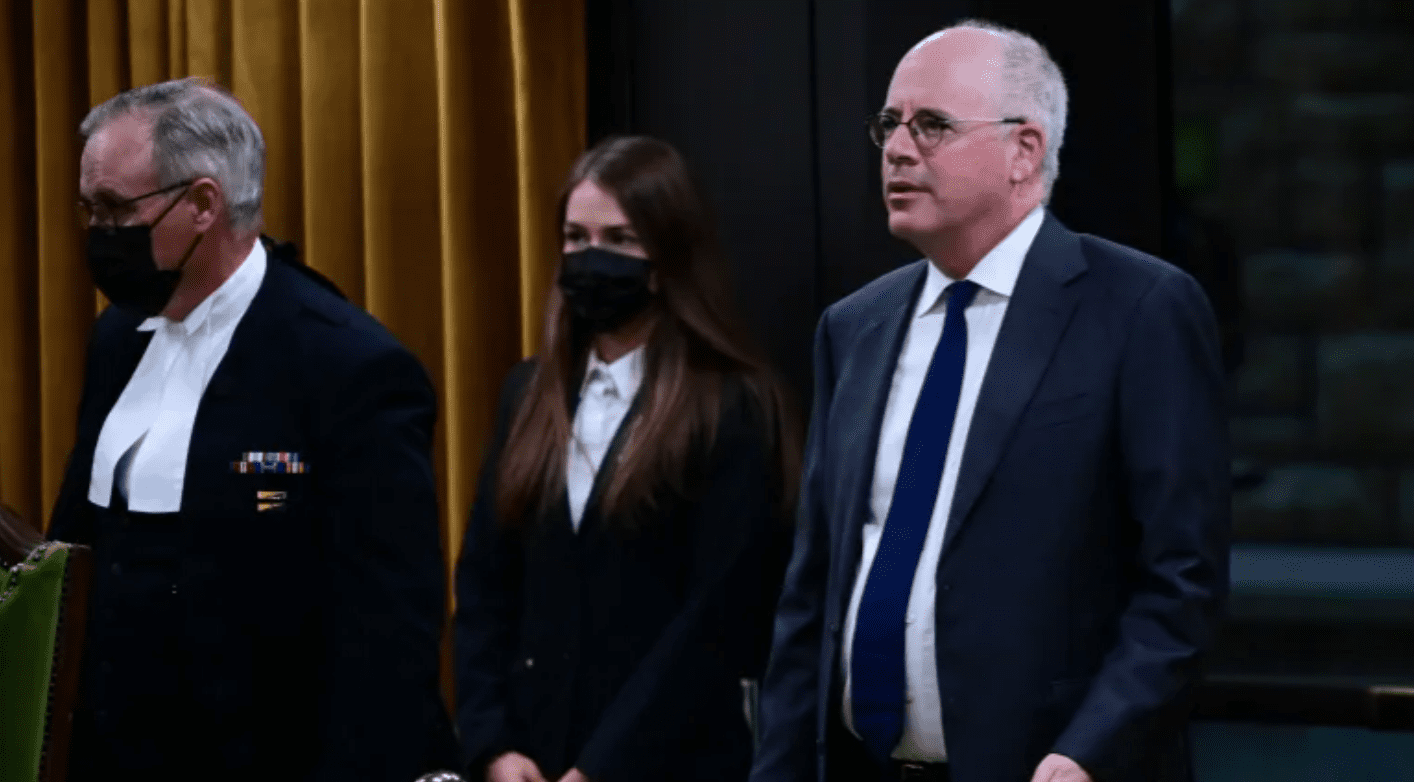Welcome to the Summer of 2021, when politicians are doing what politicians like to do best: shifting blame.
With the bodies of Indigenous children now being found all over Western Canada, and with an unwanted and unneeded federal election in the offing, our political leaders can be observed energetically passing the buck. Trying to pin it the horror on someone else.
Justin Trudeau insists the Pope needs to come to Canada and apologize. Putting on his Serious Face, Trudeau says: “It is not just that [the Pope] makes an apology, but that he makes an apology to Indigenous Canadians on Canadian soil.”
Gotcha. But the Prime Minister hasn’t travelled to Kamloops – or Cranbrook, or Marieval, or Brandon – to do likewise, has he?
No, he hasn’t.
Back in December, Erin O’Toole told some young Conservatives that the inaptly-named residential schools actually provided schooling. And that the issue provide a handy way to “silence Liberals” politically.
When caught out, O’Toole had to apologize.
NDP leader Jagmeet Singh, meanwhile, doesn’t think Trudeau is solely to blame for inaction on Indigenous issues. He blames O’Toole, too. It’s all the fault of “the inaction of Conservative and Liberal governments,” Singh has said.
Predictably, some partisans have gotten in on the act, and reached for the history books to find scapegoat. Some, to this writer’s astonishment, have started pointing fingers in the direction of Jean Chrétien.
So, a senior advisor to former Conservative leader Andrew Scheer took a swipe at Chretien on Twitter, calling the respected Liberal leader’s policies “racist,” quote unquote.
Chretien being the father of an Indigenous boy, and the highest-regarded ministers of Indian Affairs ever, this seemed particularly unhinged. The slender basis for the anti-Chretien drive-by smear, it seems, was the 1969 “white paper” that was written by Chretien’s bureaucrats.
Chretien met with dozens of Indigenous leaders from across Canada in Ottawa in May 1969. A couple months later, the white paper was published, but not passed into law.
Here are the main things the white paper advocated:
a) it called for Indigenous people to be finally made equal, in law, to every other Canadian,
b) it suggested permitting Indigenous people to do what other Canadians have always done, which is own land – and sell it and buy it without government approval,
c) it criticized the separation of racial and ethnic groups,
d) it offered millions to compensate for changes to treaties, and,
e) it called for Indigenous people to be given the power to run their own schools.
That last one would have ended residential schools a generation before they actually came to an end (under one Jean Chretien, Prime Minister). Oh, and this: Chretien was essentially calling for he, himself, to be removed from his job – because the “Indian Affairs” department would no longer be needed.
The white paper hit a wall of controversy, and was scrapped.
A source close to Chretien told me this: “In his attempt at eliminating the Indian Act in the white paper, [Chretien] believed strongly in eliminating the apartheid/reserve system that existed at the time.
“He got rid of the governor system. He created local decision-making and worked at protecting Indigenous languages. And he ended residential schools once and for all in 1996.”
So, as you all get haircuts and shaves in anticipation of the looming election, Messrs. Trudeau, O’Toole and Singh, consider looking elsewhere as you try to shift blame for the growing residential school scandal.
Consider blaming the men who actually hold power and influence right now, for example.
You know: the guys you see looking back at you in the bathroom mirror every morning.
[Kinsella was Chretien’s Special Assistant.]




